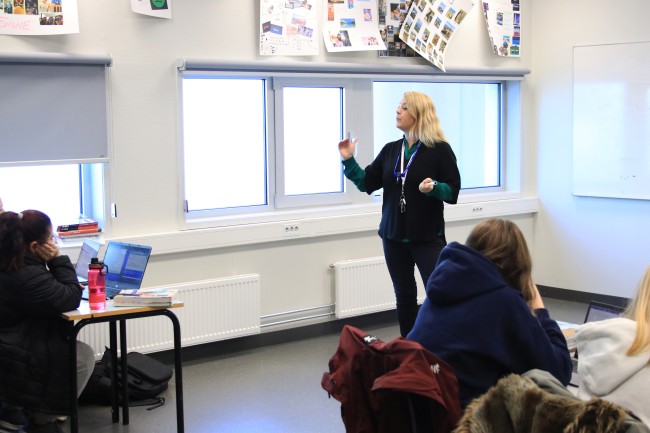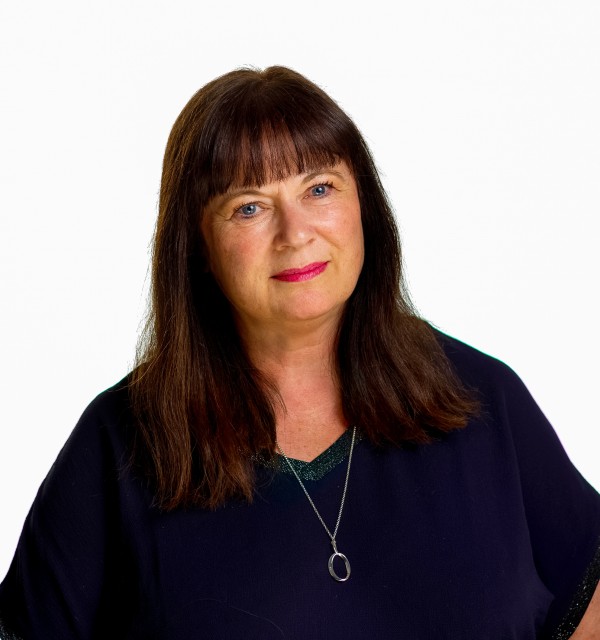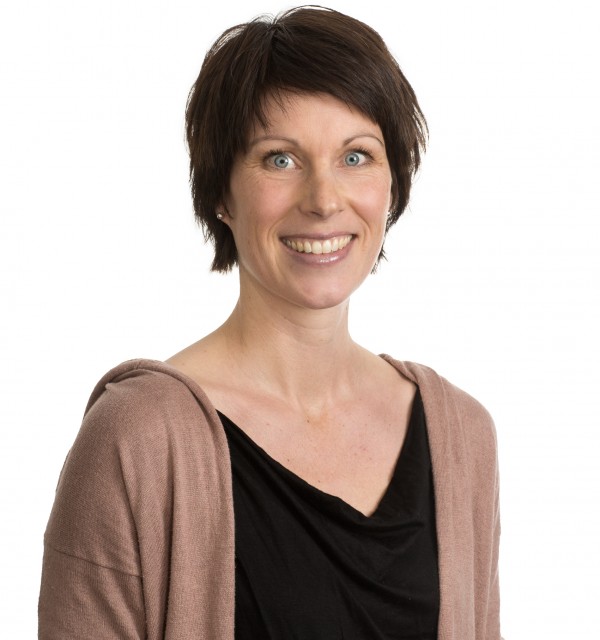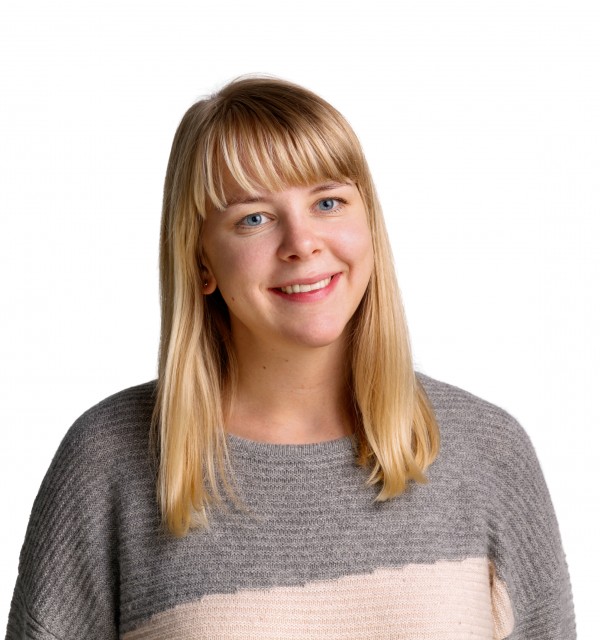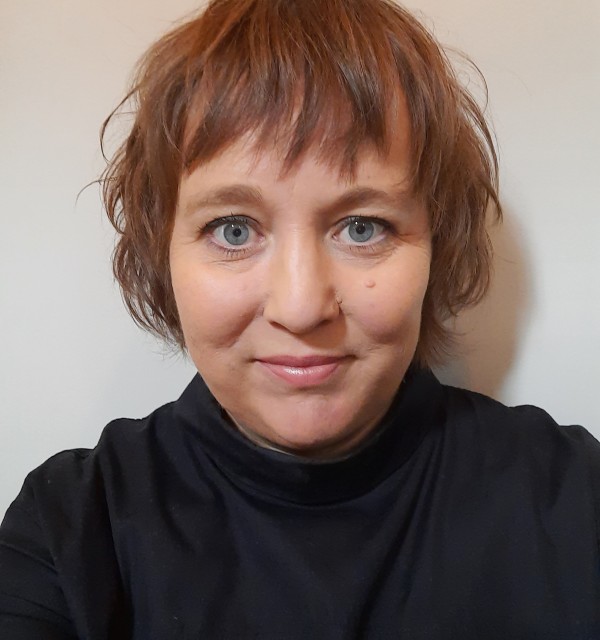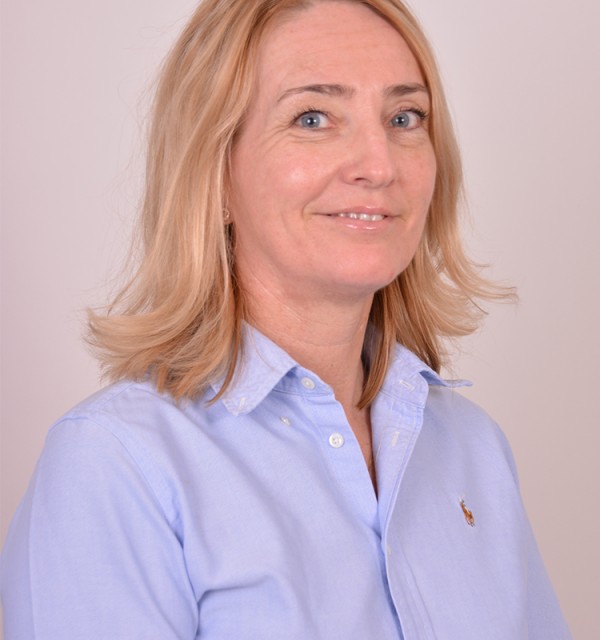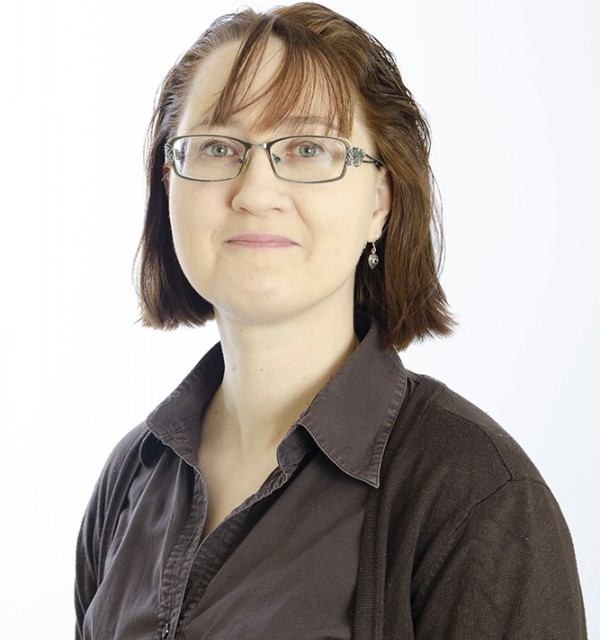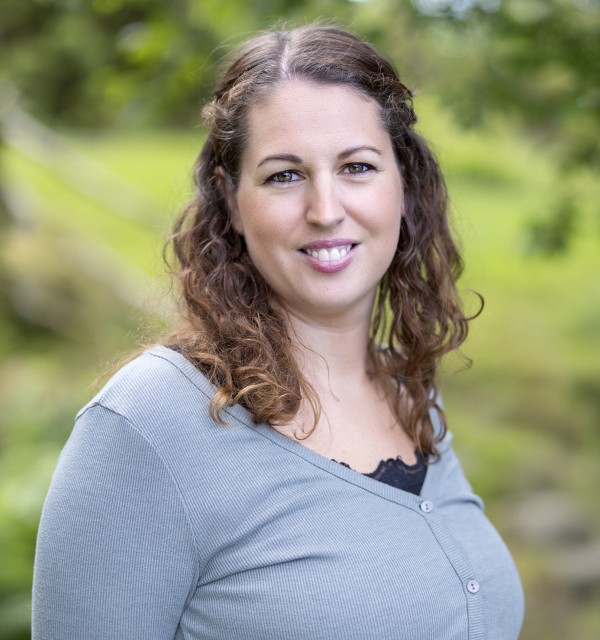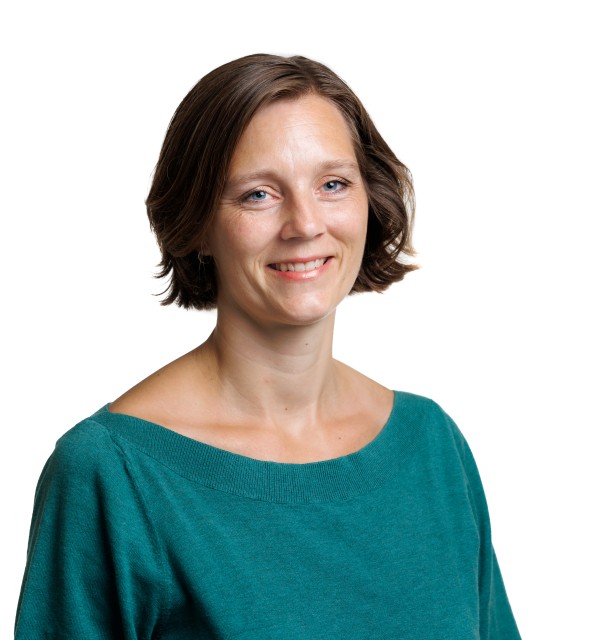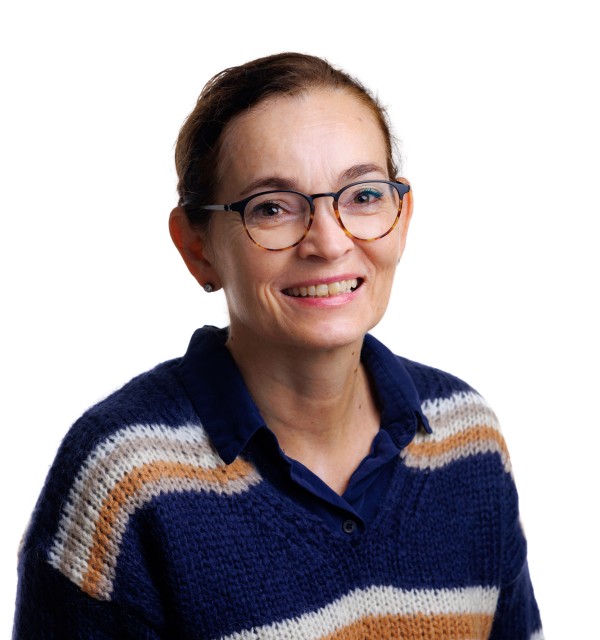The goal of the INTERACT project is to investigate how digital video-based dialogue can support teachers in the work of strengthening the quality of interactions in the classroom to again increase students' engagement and learning.
Møre and Romsdal County Council, Rogaland County Council
2021-2025
Publications and news
Accompanying the teacher ‘into’ the classroom
In the INTERACT research project, teachers receive guidance from their own specially trained coaches. “I am lucky to be ...
What is INTERACT?
The Interact study will investigate how online video-based dialogue can support teacher work on supportive classroom interaction that may increase student engagement and learning.

Schools fundamentally rise or fall based on the success of what occurs within their classrooms. Student engagement is a key contributor to school success, yet upper secondary students consistently and increasingly describe themselves as disengaged and bored. Boredom is an important factor associated with intentions to quit. At the same time, there is a lack of teachers, many teachers are exhausted and perceive work overload regardless of the covid-19 pandemic. Can interventions in schools solve both problems? The Interact study aims at answering this question.
The Interact study will investigate how online video-based dialogue can support teacher work on supportive classroom interaction that may increase student engagement and learning. The dialogues between individuals and an expert on classroom interactions will focus on teachers supporting students’ academic learning and support the implementation of key aspects in the new Norwegian curriculum such as problem-solving, metacognition and deeper content understanding. At the same time, the dialogues will focus on interactions that support teachers’ emotional support and classroom organization.
The intervention is piloted in lower and upper secondary schools. Based on the results of the two pilot studies, we will revise the Interact intervention with teachers, experts, and school leaders.
Interact will be evaluated in a randomized controlled trial (RCT), with at least 100 teachers and the classes they are teaching (n = 2,000 students, aged 16–19) in which teachers in treated classrooms (50) will participate in INTERACT the 2022–2023 school year and additional booster sessions in the 2023–2024 school year. Teachers assigned to the control condition (50) will serve as a business as the usual comparison group. They will participate in Interact in the 2024-2025 school year.
Who are invited to participate in INTERACT?
All upper secondary schools in Møre and Romsdal county and Rogaland county are invited to participate in INTERACT.
For practical reasons related to the implementation of data collection, it is desirable that a total of approx. ten schools participate.
The following is required to register:
Schools
Schools need to facilitate that the individual teacher can participate by freeing up the time needed. For teachers in the initiative group, this means 35-40 hours during the year for participation in competence development and conducting surveys. For teachers participating in the comparison group, this means 10 hours. The school must participate with a class or group (hereafter class) for each participating teacher. There should be the same number of teachers/classes in initiatives and the comparison group from each school. The initiative and the comparison groups should (in pairs) be as similar as possible. This means, for example, that the same number of teachers from the Study Specialization programme participate in both the initiative group and the comparison group. If a class from Building and Construction Technology programme participate in the initiative group efforts should be made for someone from the same study program to participate in the comparison group. There should be as many classes as teachers participating. This means that the same class cannot participate with several teachers. It will interfere with measuring the effect if some students receive a "double dose" by participating with more than one teacher. Also, a class can not participate if their teacher is both teaching the intervention group and the comparison group. This would make for both receiving the intervention and being in the comparison group.
The school is to contribute to INTERACT material and models not being shared with teachers and classes who are part of the comparison group or with other non-intervention groups. This is important to be able to investigate the effects of the measure. When the documentation of the measure is completed in the spring of 2024, the results from the study, including materials and models, will be made available. The comparison group is offered to participate in the initiative in the school year 2024-2025.
Teachers
The teacher should preferably teach in vg1 or vg2, as the students must also answer the questionnaire years after the intervention has ended. Teachers need to be able to participate in online dialogues with coaches. Furthermore, it is important that the teachers have time to prepare and participate in digital gatherings four times during the year, and use online resources if drawn into the action group. A participating teacher can be both the main contact teacher for the class or another teacher who has the class. Teachers who participate in INTERACT must be given time to participate in their work plan. Teachers who participate in the intervention group must undertake not to share materials and models from INTERACT with teachers/classes in the comparison group or others outside the intervention group. This is important to investigate the effects of INTERACT.
Administrative support
The school need to have a person who has the flexibility to be able to support and assist the teachers in connection with the recruitment of students implementation of data collection in the form of video recordings, questionnaires, facilitation of interviews and the like in the project.
The schools receive compensation for this extra work depending on how many teachers at the school participate. This person will receive training and support from the Learning Environment Center and project manager in the county municipality.
The county municipality's role
Each of the county municipalities has an INTERACT project manager in the county municipality's school administration who is responsible for supporting and coordinating the schools' participation in INTERACT. The school's person responsible for administrative support will collaborate with the county's INTERACT project manager and INTERACT's research administrative manager at the Learning Environment Center.
In the school years between 2022-2025, 100 teachers and a class/group they teach (approx. 2000 students) will be invited to participate in Interact.
The intervention is evaluated through a randomized controlled trial where 50 teachers and their classes/groups carry out the intervention, while the remaining 50 teachers/classes are a comparison group that carries out teaching as usual.


